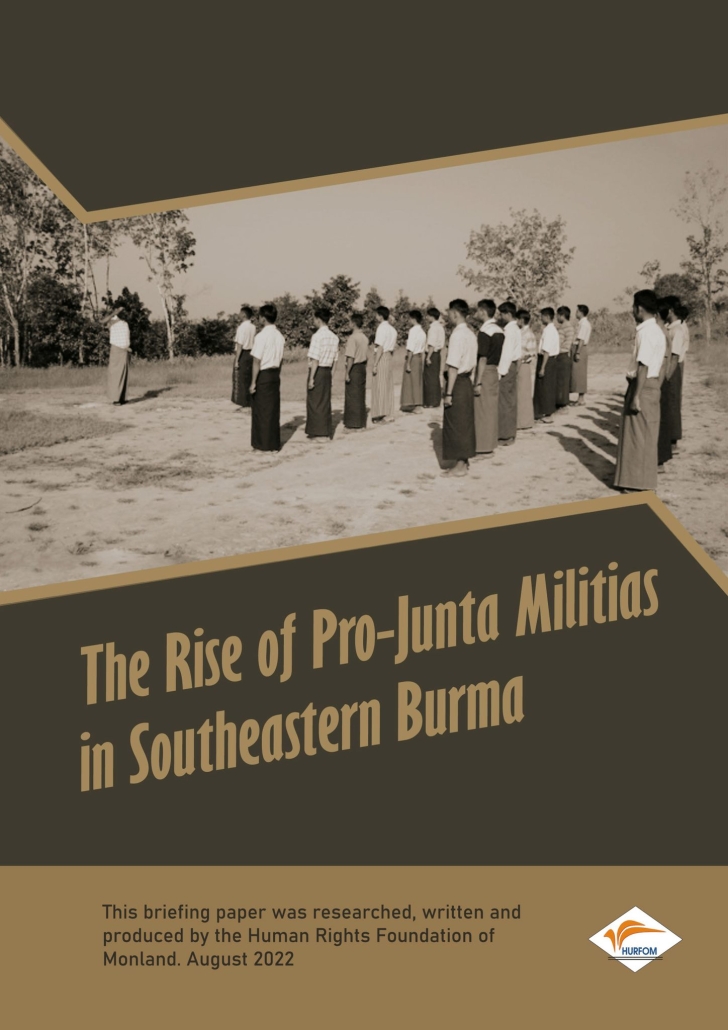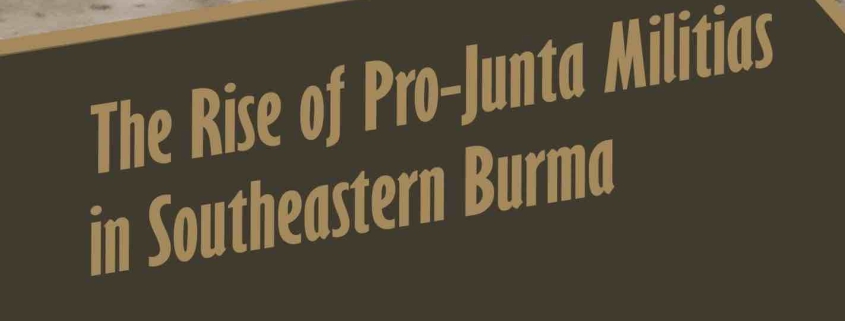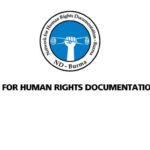The Rise of Pro-Junta Militias in Southeastern Burma
Across the last year and a half, the Burma Army has continued to wage unprecedented levels of violence against a largely unarmed civilian population. Their campaign of fear and barbarity has led to thousands of deaths and injuries across the country. Innocent people are routinely rounded up and arrested before being forcibly detained under fabricated charges. In addition to a worsening humanitarian crisis that has seen over one million people displaced,1 the military junta has relentlessly blocked key routes intended for aid delivery and service provision.
The junta is paving pathways for destruction as the country’s prospects for democracy slowly deteriorate. Their desperate quests for power were apparent even before the attempted coup on 1 February 2021, as they sought legitimacy through various diplomatic channels while the very institution of the Tatmadaw was becoming increasingly more unpopular. Their tirade of war crimes, as well as crimes against humanity and genocide, is further evidence of the great lengths that the military junta is willing to go to invoke cruels means of control onto the people of Burma.
One of the ways that the junta has attempted to squander the opposition movement, including those who have aligned themselves with the prodemocracy movement, is through the backing of para-militias. These include: Pyusawhti, Thway Thauk and the Black Kite Brotherhood among others. These groups have targeted supporters and affiliates of the Spring Revolution including members of the National League for Democracy (NLD) and the People’s Defense Forces (PDFs).
According to documentation and reporting by the Human Rights Foundation of Monland (HURFOM) and networks, there have been at least 129 victims of militia violence, with 18 killed across target areas of Mon State, Karen State and Tanintharyi region since the attempted coup. The majority of the victims have been in Dawei, as tensions between armed groups continue to rise. The victims are mostly young men, but their families, including women, the elderly and children, have also been targeted. They have been shot, and brutally tortured before their deaths. Many human rights defenders have fled in exile to avoid being caught and killed by groups such as these.
Further, the purpose of this briefing paper will be to outline how the paramilitaries since the coup were formed and the types of human rights violations they have perpetrated in Mon State, Karen State and Tanintharyi region. The report will include case studies and analysis on how the paramilitias are committing human rights violations. It will cover from 1 January 2022 until the end of July 2022.




